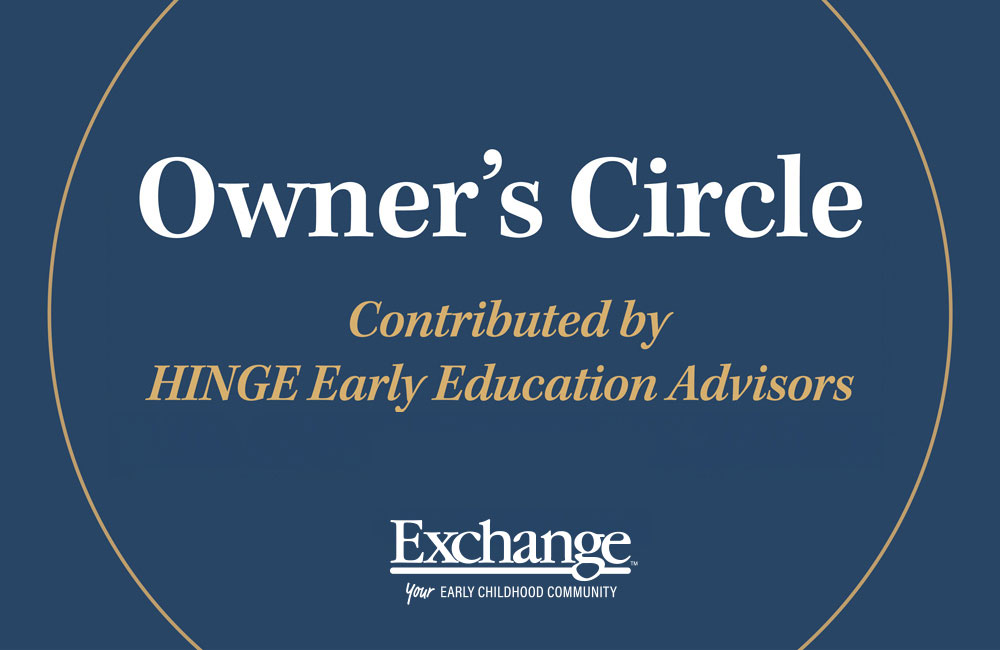August 22, 2024
Planning for Action
Vision without action is merely a dream. Action without vision just passes the time. Vision with action can change the world.
– Joel A. Barker, American futurist, author, lecturer, and filmmaker
This message is from Exchange Editor-In-Chief, Binta Dixon.
How do we go from reimagining to action? This is the question I see many communities having across disciplines and areas of practice. Within early care and education, there are many exciting movements continuing to build momentum, as they have for decades. Yet, how do we take the momentum to the next level and achieve systemic changes necessary for sustainability?
One approach is to consider how systems thinking can inform and enhance our plans for action. If we can view our work at both the interpersonal relationship level and at the systems level, some new possibilities may come into view.
Katy Carrese Merrell writes in the article , “Connection and Direction: Systems Approaches for Early Childhood Education,” “…for ECE to make significant strides, more connections must be cultivated at the macro level. To accelerate change, take advantage of the public awareness the pandemic has surfaced, and to benefit from powerful research in neuroscience, education, psychology, and economics, early childhood leaders need to have a seat at both long-established and newly formed tables in every community.”
Our world functions as interconnected ecosystems. The connections between early care and public safety may not be as obvious as the relationship between families and schools, and yet it is just as real.
The work of early childhood education underpins all other structures of society. Within the context of the US, this means that each of those social systems should have a vested interest in the success and sustainability of early childhood education.
What could a national system that places childhood and those who steward young children at its center look and feel like? What templates exist outside of the field and globally that can be adapted and shaped to fit the needs of educators, children, and families in the US and beyond? Over the next year, Exchange will continue to ask and explore models of educating, leading, and connecting that can move us into collective action. We invite you to join us by submitting your work.
You can learn more about our upcoming issues by visiting the Write for Exchange page.
Share with the hashtag #ExchangeEveryDay
Print Friendly
Related
By Ann Pelo and Margie Carter













